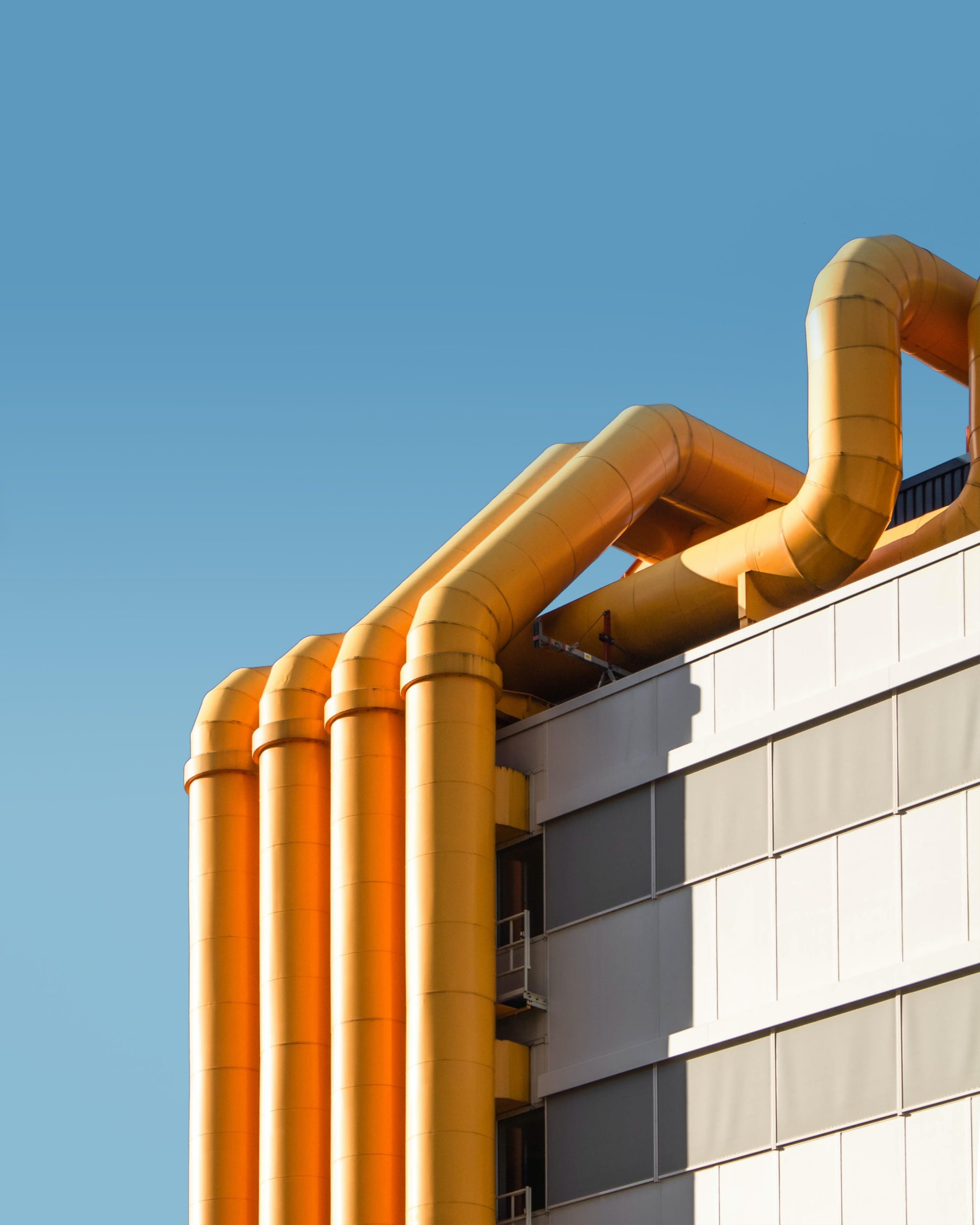As Europe continues to rely heavily on Russian gas, questions have arisen about the dynamics of energy markets. With concerns over political tensions and supply disruptions, how much is this dependence affecting economies across the continent? In this blog post, we delve into the changing landscape of European energy markets and examine whether Russia’s dominance has altered the playing field for other countries. Join us as we explore this complex issue and consider what it means for Europe’s future prosperity.
Europe’s high dependence on Russian gas
Europe is highly dependent on Russian gas, with around one-third of the continent’s gas coming from Russia. This dependence has led to concerns about Europe’s energy security, as Russia has used its gas supplies as a political weapon in the past. However, Europe is working to diversify its gas supplies and reduce its dependence on Russia.
Europe’s high dependence on Russian gas is a major concern for the continent’s energy security. Russia has used its gas supplies as a political weapon in the past, and there are fears that it could do so again in the future. Europe is working to diversify its gas supplies and reduce its dependence on Russia, but it will take time for these efforts to bear fruit. In the meantime, Europe must tread carefully when dealing with Russia on energy issues.
The changing dynamics of energy markets
In recent years, Europe has become increasingly dependent on Russian gas, with imports rising from around 40% in 2010 to over 60% in 2019. This dependence has put European countries in a difficult position when it comes to energy policy and geopolitics.
On the one hand, Russia is a reliable supplier of gas, and Europe needs energy to fuel its economy. On the other hand, Russia is an unpredictable partner, and its actions in Ukraine have shown that it is not beyond using energy as a political weapon.
The situation has led to a debate about whether Europe should diversify its gas supplies away from Russia. Some believe that this would reduce Europe’s dependence on Russia and give it more leverage in negotiations. Others argue that it would be expensive and could create new dependencies elsewhere.
The changing dynamics of energy markets are complex, and there is no easy answer. What is clear is that Europe’s dependence on Russian gas puts it in a vulnerable position.
Europe’s options for reducing its dependence on Russian gas
Europe’s options for reducing its dependence on Russian gas are to develop its own domestic resources, to import gas from other countries, and to use less gas.
Developing domestic resources: Europe has significant untapped reserves of natural gas, particularly in the North Sea and the Baltic Sea. These reserves could be developed to reduce Europe’s dependence on Russian gas.
Importing gas from other countries: Europe could import gas from other countries, such as Qatar and Nigeria. This would diversify Europe’s sources of gas and reduce its dependence on Russia.
Using less gas: Europe could use less gas overall by increasing energy efficiency and using more renewable energy. This would reduce demand for gas, and therefore also reduce Europe’s dependence on Russian gas.
The impact of sanctions on Russia’s gas exports to Europe
The impact of sanctions on Russia’s gas exports to Europe is significant. In response to Western sanctions imposed over Russia’s annexation of Crimea, Moscow has cut off all gas supplies to Ukraine. This has created a knock-on effect in Europe, where Russian gas exports make up a significant portion of the continent’s total gas supply.
In particular, countries that are heavily reliant on Russian gas imports – such as Germany and Italy – have been forced to find alternative sources of supply. This has led to higher energy prices and increased competition for limited supplies.
In the long term, the impact of sanctions on Russia’s gas exports to Europe is likely to be negative. This is because they will make it more difficult for Russia to develop its vast reserves of shale gas, which could be used to meet European demand.
However, in the short term, the impact of sanctions is likely to be positive for European consumers as it will increase competition and force energy companies to diversify their supplies.
Conclusion
We can conclude that Europe’s dependence on Russian gas is indeed changing the dynamics of energy markets. It has allowed Russia to become a major supplier of natural gas in Europe and expand its influence both politically and economically. At the same time, it has raised questions about energy security for countries within the European Union who rely heavily on imports from Russia for their energy needs. As new sources of renewable energy are being developed, however, we may see a shift away from reliance on foreign sources as well as improved market competition in the future.




